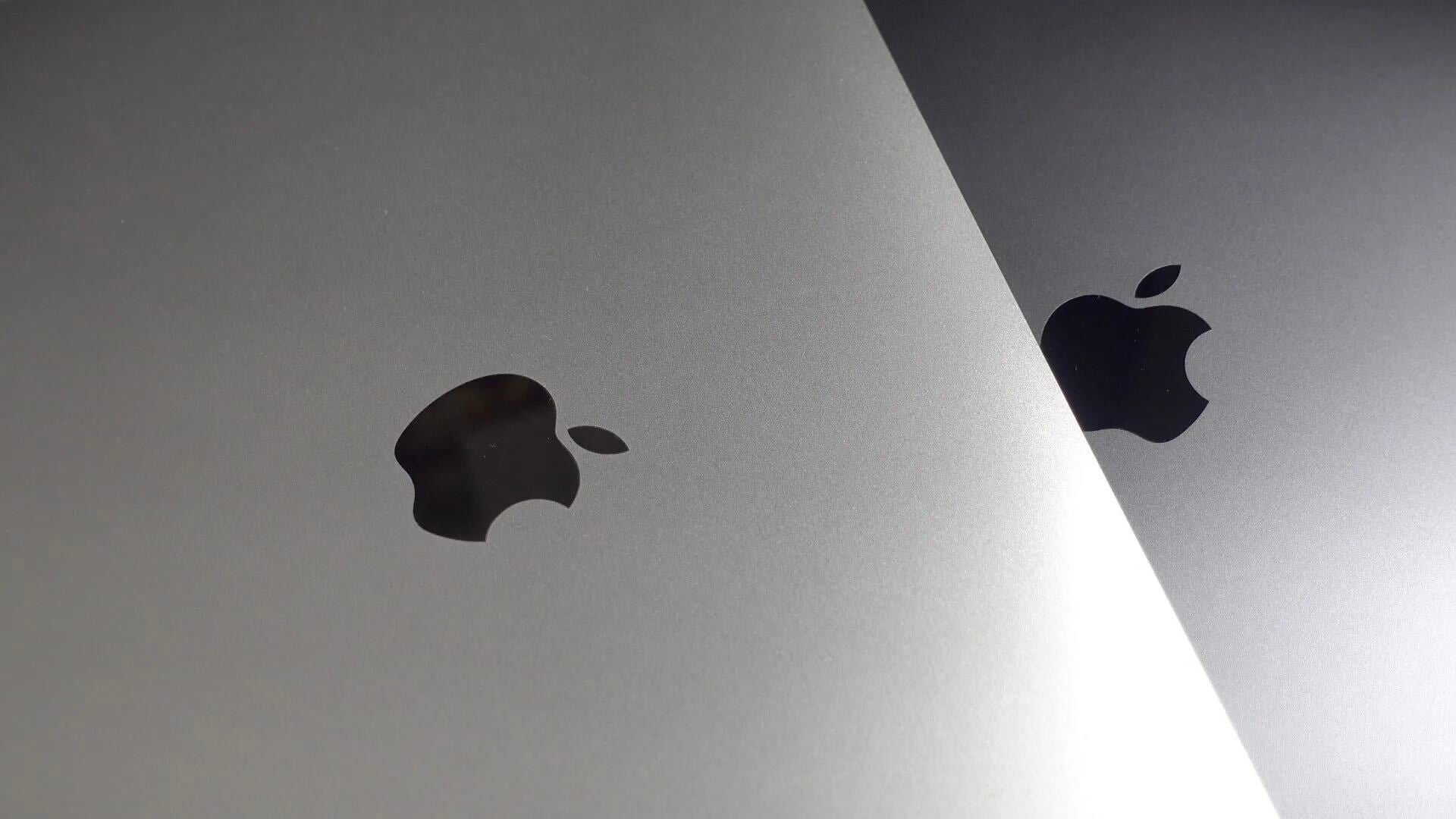 In an ongoing case in which Apple and Google’s Motorola have accused each other of infringing various mobile related patents since 2010, U.S. District Judge Robert Scola said in an order yesterday that the two companies have no interest in reaching a settlement. Bloomberg reports Scola said in his order that both companies are using the litigation as a “business strategy that appears to have no end”:
In an ongoing case in which Apple and Google’s Motorola have accused each other of infringing various mobile related patents since 2010, U.S. District Judge Robert Scola said in an order yesterday that the two companies have no interest in reaching a settlement. Bloomberg reports Scola said in his order that both companies are using the litigation as a “business strategy that appears to have no end”:
“The parties have no interest in efficiently and expeditiously resolving this dispute; they instead are using this and similar litigation worldwide as a business strategy that appears to have no end,” U.S. District Judge Robert Scola in Miami said in an order dated yesterday. “That is not a proper use of this court.”
“Without a hint of irony, the parties now ask the court to mop up a mess they made by holding a hearing to reduce the size and complexity of the case,” he wrote. “The court declines this invitation.”
The result is Apple and Google will now have a four month period to narrow their claims related to the case that now includes over 180 claims for 12 patents. Bloomberg notes that Scola said the case currently includes “disputes over the meaning of more than 100 terms,” and that the case would be put on hold until the disputes are resolved if the two companies are unable to come up with a solution before the four month timeframe expires.
Back in November there were reports that Apple and Google’s Motorola were considering a settlement and even submitted “proposals on using binding arbitration to reach a licensing agreement” for standard essential patents to courts in Wisconsin. At the time Apple said “such an agreement could lead to a global settlement of all of their patent disputes,” but the two companies couldn’t come to an agreement on the arbitration process.
Last year Apple and HTC announced they reached a global settlement in multiple patent-related cases that some analysts estimated could be worth as much as $180 million to $280 million annually. When it comes to Samsung, many reports quoted Samsung’s Shin Jong-kyun as claiming the company does not “intend to (negotiate) at all” following the HTC settlement.






